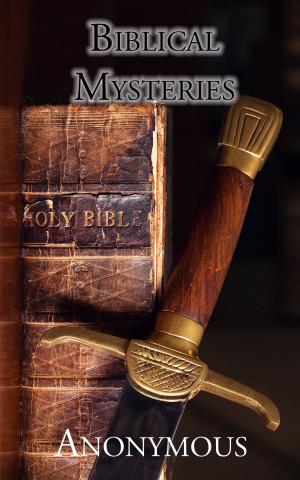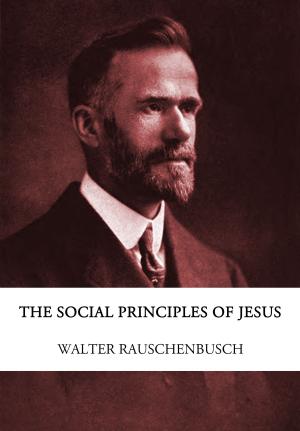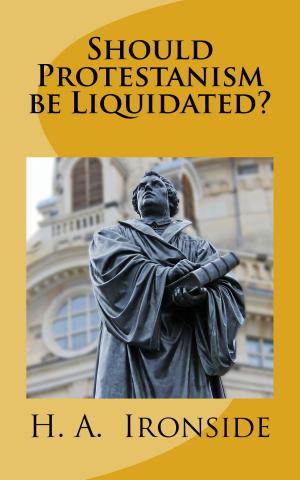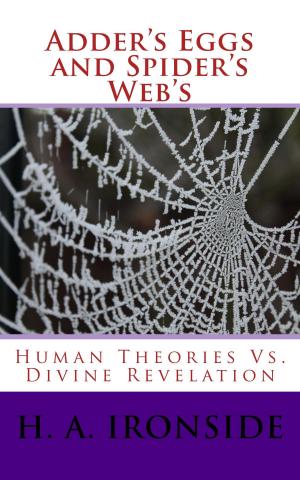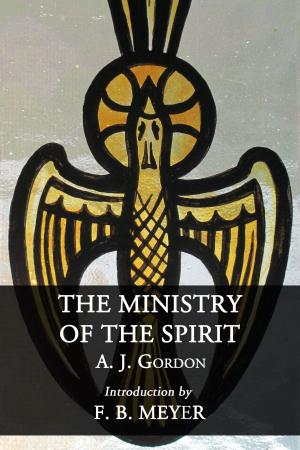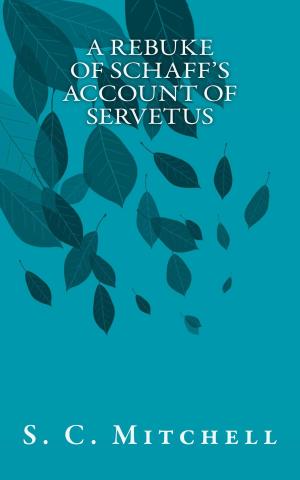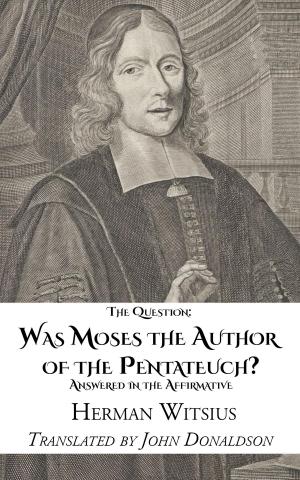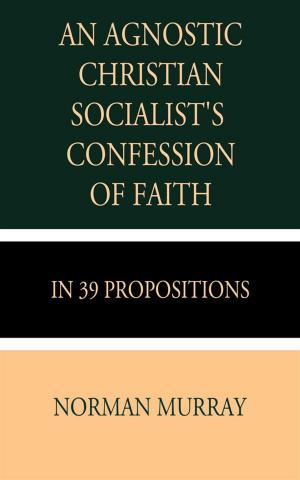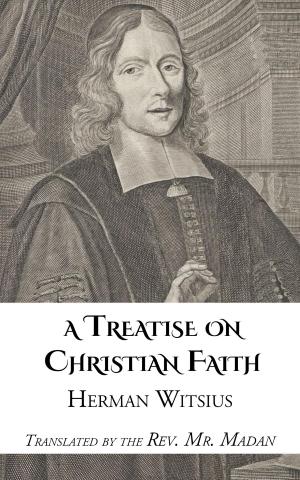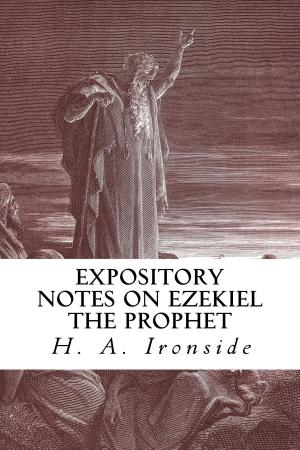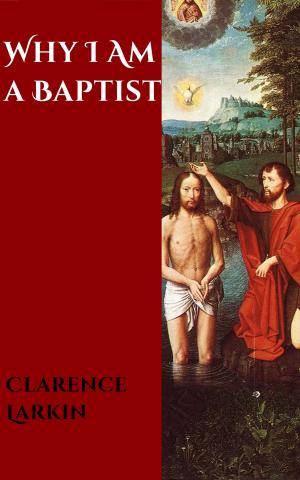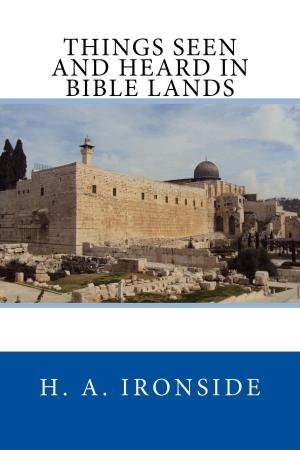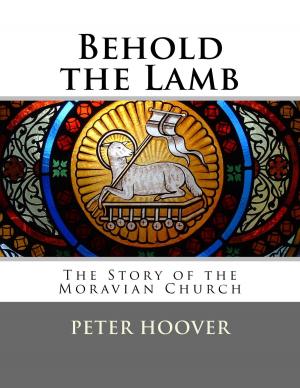The Origin Of The Prologue To St John’s Gospel
Nonfiction, Religion & Spirituality, Bible & Bible Studies, New Testament, Study, Christianity, Christian Literature| Author: | Rendel Harris | ISBN: | 1230001939255 |
| Publisher: | CrossReach Publications | Publication: | September 27, 2017 |
| Imprint: | Language: | English |
| Author: | Rendel Harris |
| ISBN: | 1230001939255 |
| Publisher: | CrossReach Publications |
| Publication: | September 27, 2017 |
| Imprint: | |
| Language: | English |
In the following pages I have gathered together and made some additions to a series of articles which I recently published in the pages of the Expositor. If I am right in the results here reached, we must recognise that a fresh chapter has been added to the History of Christian Dogma, and one that stands very near to the beginning of the book. A nearer approach to the origin of the Christology of the Church means a closer approximation to the position of those who first tried to answer the question “Who do men say that I am?”; and to be nearer the Apostles is to be nearer, also, to Christ Himself. It is not easy to say how much of the argument is really new; as far as I know, British theologians have hardly touched the question; they are always more at home in the fourth century than in the first! The best account of the subject that I have come across is Lebreton’s Origines du dogme de la Trinité, which combines Catholic doctrine with a good deal of sound reasoning as to the evolution of that doctrine. I should have quoted it several times if I had read it before my brief essay was written. As it is, I can only refer to it here, without suggesting that my commendations should be reckoned along with the imprimatur under which it appears. They are appreciations rather than endorsements. It is certainly a book from which very much can be learned by students of every school of thought. While these pages are passing through the press I have had the pleasure of examining Prof. Hans Windisch’s essay on Die göttliche Weisheit der Juden und die paulinische Christologie, in which a number of the conclusions in this book are either adumbrated, or definitely stated. It would have been easy for Prof. Windisch to carry his argument further, if he had known the bearing of the early Testimony Book upon the Christological problem.
In theology generally we seem to be at a standstill from which we can only be moved by the discovery of fresh facts, or the opening up of fresh lines of enquiry. It will certainly be to many a discovery that Jesus was known in the first century as the Wisdom of God; with equal certainty the application of this new fact to the existing Christian tradition will be productive of not a little motion amongst its dry bones.
My thanks are due to the Editor of the Expositor, from whose pages much of the following volume is reproduced, and to my friend Vacher Burch, who has assisted me greatly in the composition and correction of the volume.
In the following pages I have gathered together and made some additions to a series of articles which I recently published in the pages of the Expositor. If I am right in the results here reached, we must recognise that a fresh chapter has been added to the History of Christian Dogma, and one that stands very near to the beginning of the book. A nearer approach to the origin of the Christology of the Church means a closer approximation to the position of those who first tried to answer the question “Who do men say that I am?”; and to be nearer the Apostles is to be nearer, also, to Christ Himself. It is not easy to say how much of the argument is really new; as far as I know, British theologians have hardly touched the question; they are always more at home in the fourth century than in the first! The best account of the subject that I have come across is Lebreton’s Origines du dogme de la Trinité, which combines Catholic doctrine with a good deal of sound reasoning as to the evolution of that doctrine. I should have quoted it several times if I had read it before my brief essay was written. As it is, I can only refer to it here, without suggesting that my commendations should be reckoned along with the imprimatur under which it appears. They are appreciations rather than endorsements. It is certainly a book from which very much can be learned by students of every school of thought. While these pages are passing through the press I have had the pleasure of examining Prof. Hans Windisch’s essay on Die göttliche Weisheit der Juden und die paulinische Christologie, in which a number of the conclusions in this book are either adumbrated, or definitely stated. It would have been easy for Prof. Windisch to carry his argument further, if he had known the bearing of the early Testimony Book upon the Christological problem.
In theology generally we seem to be at a standstill from which we can only be moved by the discovery of fresh facts, or the opening up of fresh lines of enquiry. It will certainly be to many a discovery that Jesus was known in the first century as the Wisdom of God; with equal certainty the application of this new fact to the existing Christian tradition will be productive of not a little motion amongst its dry bones.
My thanks are due to the Editor of the Expositor, from whose pages much of the following volume is reproduced, and to my friend Vacher Burch, who has assisted me greatly in the composition and correction of the volume.

